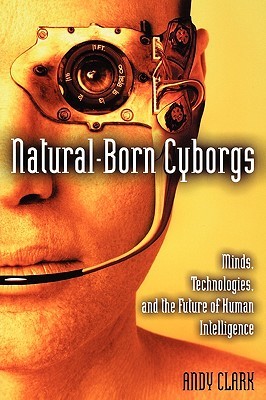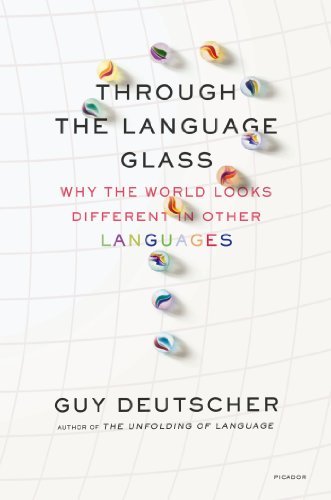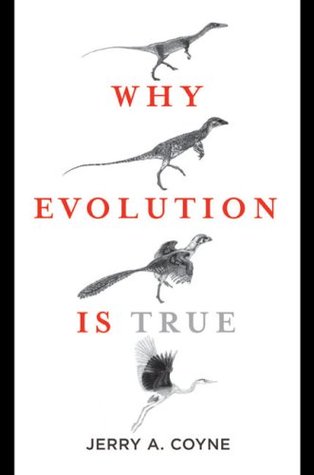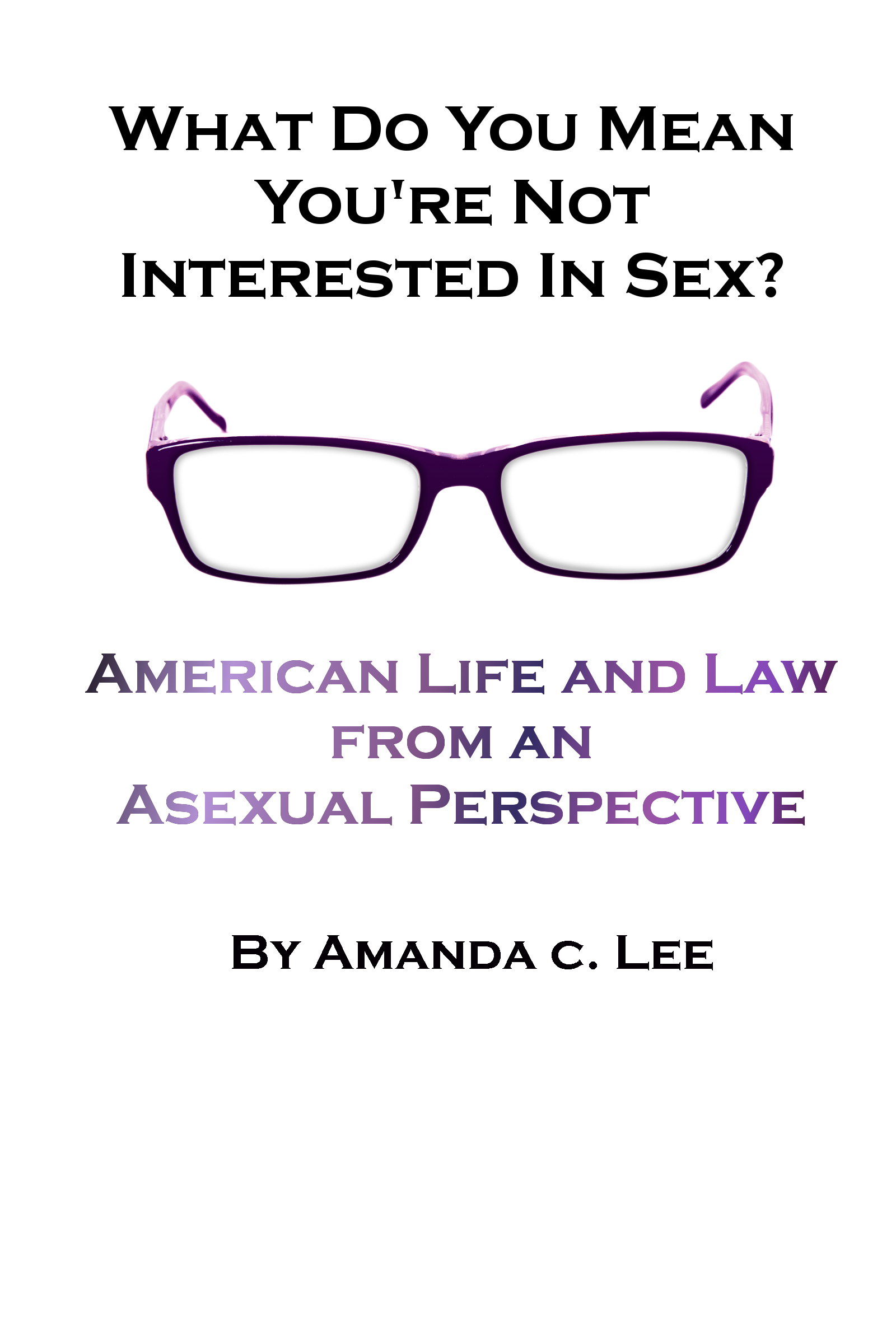 Natural-Born Cyborgs, Andy Clark
Natural-Born Cyborgs, Andy Clark
Most people who know me are probably aware that I am very pro-cyborgs. (I even wrote a four-page comic featuring my terrible art and a woman made into a cyborg for my Comics & Graphic Novels class.) The idea fascinates me and given half a chance I’d probably volunteer myself to get wired up. So this book caught my interest immediately, though how exactly Amazon knew to promote it at me, I’m not sure I want to know.
It was published in 2004, so in terms of the technology, it’s a little behind. It talks, for example, about the clunkiness of then-current e-reading technology. I read it on my little Kobo with its e-ink screen — you know, the little device that I actually bought for £24. But in terms of concerns about technology, we haven’t moved much past it. Some of them I was less convinced by (alienation, disembodiment), while others remain a concern, like the “digital divide”.
The main thrust of the book, however, is the theory that we’re already cyborgs, in a sense. Human beings are tool users; we’re not the only ones, but we’re the most sophisticated ones we know of. We’ve had a form of external memory for thousands of years — writing. Though most of us can’t hold numbers in our heads for complicated equations, given a piece of paper, we can work through it and produce the answer. (Given a piece of paper and appropriate time, even I can calculate the heritability of a certain gene in the population, for example, and yet I struggle with remembering how to calculate percentages.) And now, there’s the internet, information at our fingertips. When you grow up with these things, you learn to use them as semi-consciously as you do your own hands: I don’t consciously calculate where the keys are as I’m typing this any more than I consciously calculate how far to lift my hand to turn a door handle.
This aspect of the book hasn’t dated badly. I found it interesting and convincing, and while I don’t share all the author’s ideas about where the links between biology and technology are going, I do agree that the lines are blurring. Perhaps one day we’ll be indistinguishable — after all, our mitochondria began as separate to the cells that were our ancestors.



